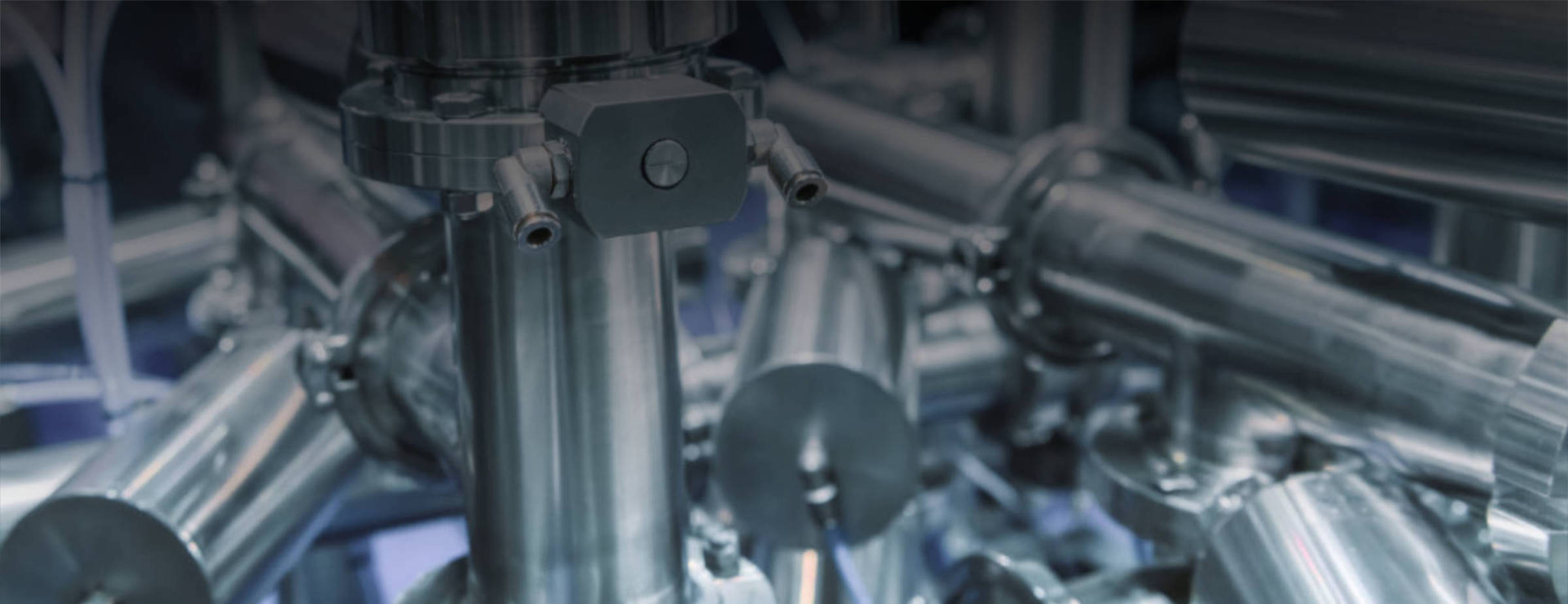
Blog
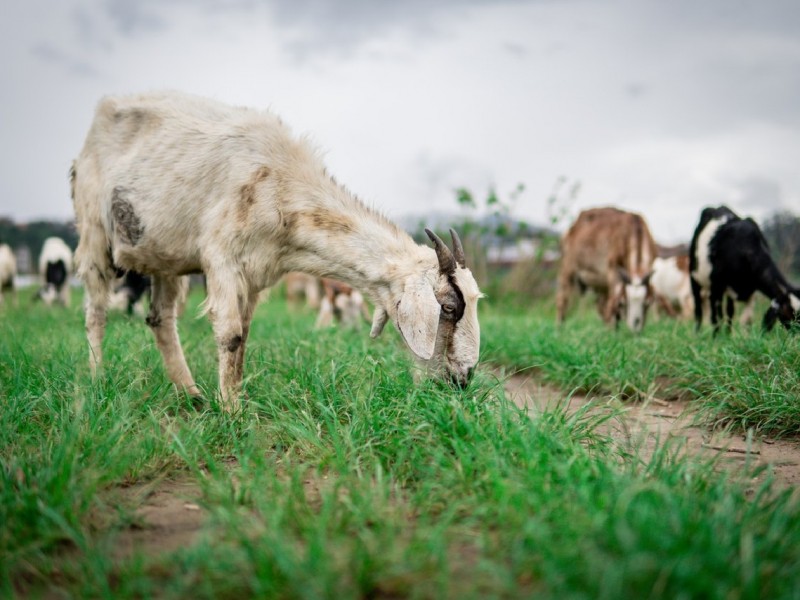
Blood meal processing with an animal feed making machine?
Finding long term solutions for animal waste disposal is an issue everyone who works in the agricultural and food industry has had to face at some point. Did you know you could combine the benefits of on-site animal waste disposal, animal waste recycling, AND a feed making machine?

Medical equipment sterilization in hospitals is more important than ever because of the coronavirus
Hospitals have always played a key role in the medical industry: with the right equipment, these medical facilities can deal with a huge amount of medical waste each day. However, that role will certainly be put to the test in the following months, as the coronavirus outbreak will bring more and more infected patients that hospital staff will need to treat.

Airplane and quarantine waste disposal have become even more important because of the Coronavirus
It’s no wonder the coronavirus has been getting so much coverage in the news: this public health issue is already affecting more than 80 countries around the world. As of 10th March, the coronavirus statistics are the following: 116 038 people have been infected, and 4089 people have died of their symptoms. Still, these aren’t the only numbers that deserve your attention. The bright news is that there are 64 277 people who have recovered from the virus.
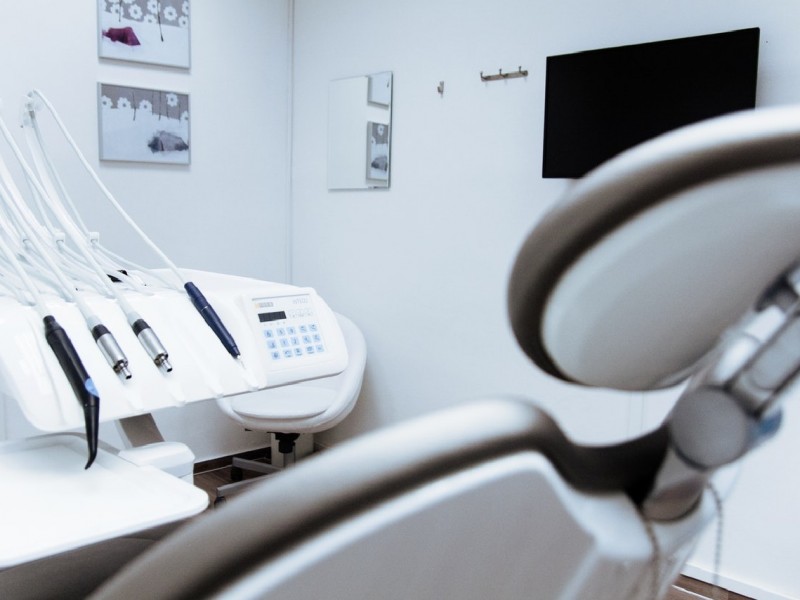
What is the best autoclave dental practices can use for the sterilization of their instruments?
No matter the size of a dental practice, the importance of clinical waste management is just as big as in the largest healthcare facilities of the world. The optimal management of steam sterilization (both after and before the use of dental instruments) plays a vital role in the efficiency of the medical staff’s work, as well as the safety of dentists and patients alike.
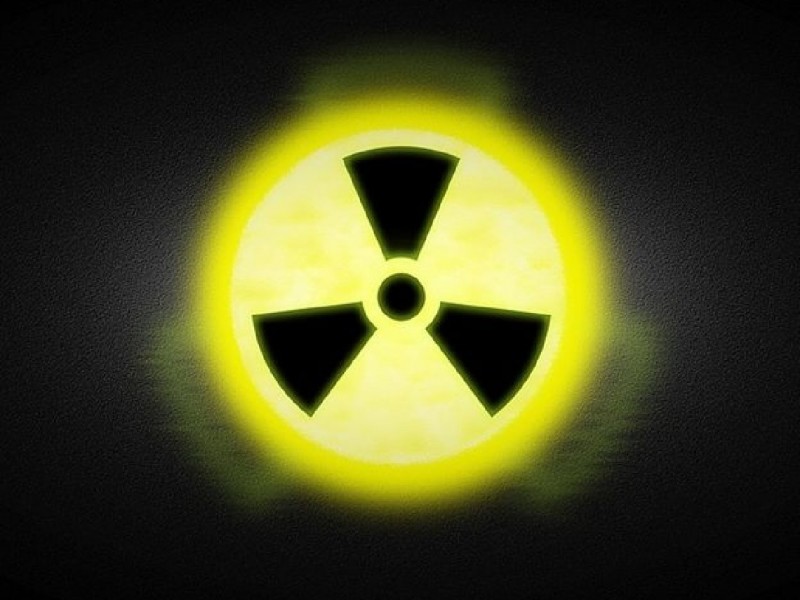
How to handle radioactive medical waste disposal in hospitals
„Radioactive” certainly isn’t the first word that comes to mind when thinking about medical waste. However, as most types of biomedical waste can already be considered a biohazard or infectious, it shouldn’t come as too much of a surprise that hospitals and other healthcare facilities also use radioactive materials during diagnostic and treatment methods.
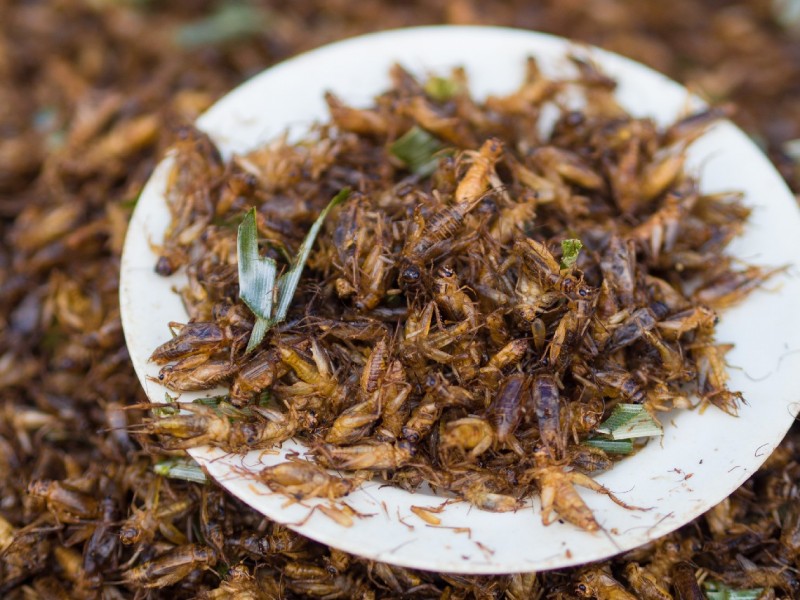
This is why cricket protein farming deserves your attention
Insect farming is an increasingly popular phenomenon throughout the globe. The main reasons are both environmental and nutritional. If you’ve never heard about farming crickets for profit before, read on to find out just how beneficial crickets could be for you, and to get some information about the best method for insect protein processing!
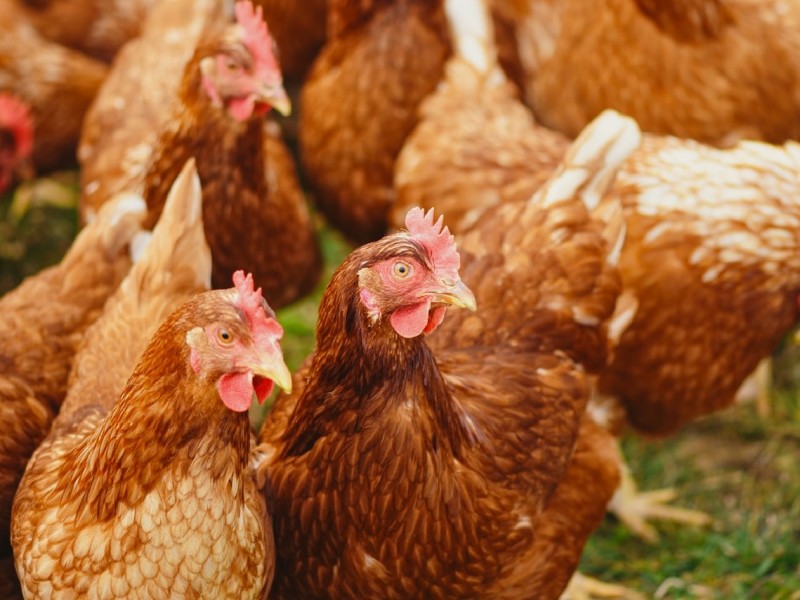
The avian influenza: safe carcass disposal of the affected birds
The avian influenza (also known as bird flu) is a virus that can spread from bird to bird, or from bird to human. This viral infection also has different strains, and as such, not all are as dangerous. Currently, the deadliest strain of bird flu is known as H5N1.

Biomedical waste management colour coding for beginners
Whether or not you’ve been following our other articles about biomedical waste management, you probably know that the disposal of such garbage must be done in a certain manner: without damaging the environment, or endangering the safety of patients or medical staff. The sterilizing and removal methods are also highly dependent on the kind of medical waste you need to get rid of.
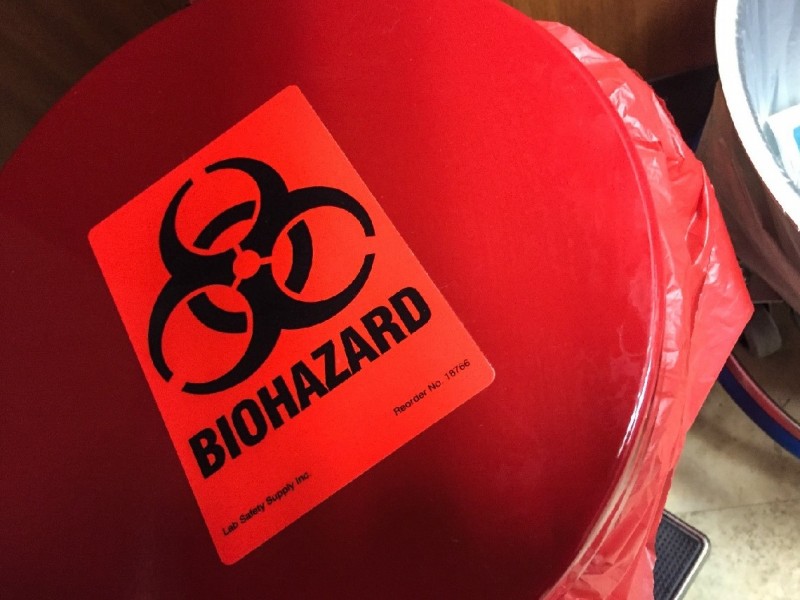
How medical hazardous waste disposal affects your environment
Every single medical facility in the world, including certain companies produce hazardous medical waste, making its management a vital issue. On the one hand, hospitals, pharmacies, and medical labs must look out for the safety of patients and staff. On the other hand, we all have a common responsibility to protect the environment from the hazards associated with hospital waste.
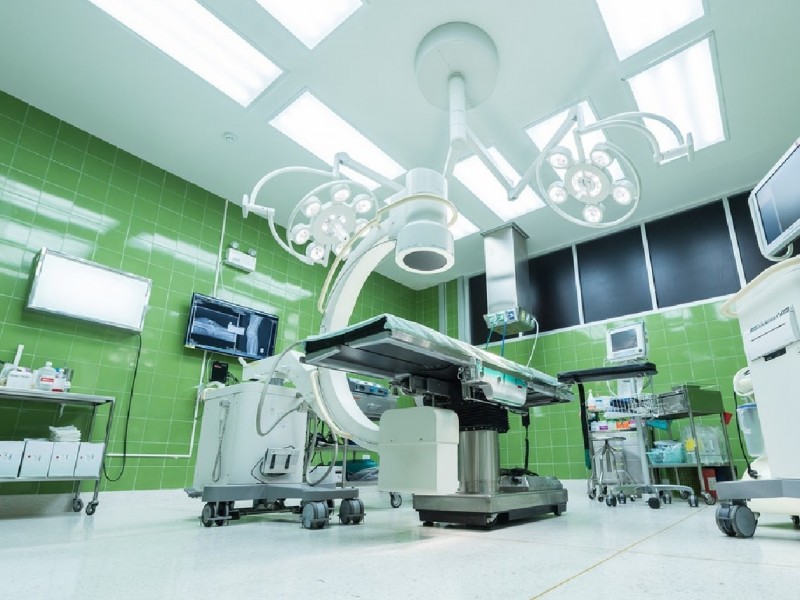
The importance of autoclave sterilizers in hospitals
Whether you’re working in a medical environment or not, it should come as no surprise to you that the sterilization of hospital equipment is vital for all parties involved, doctors and patients alike. This is basically what we call “standard duty of care”.
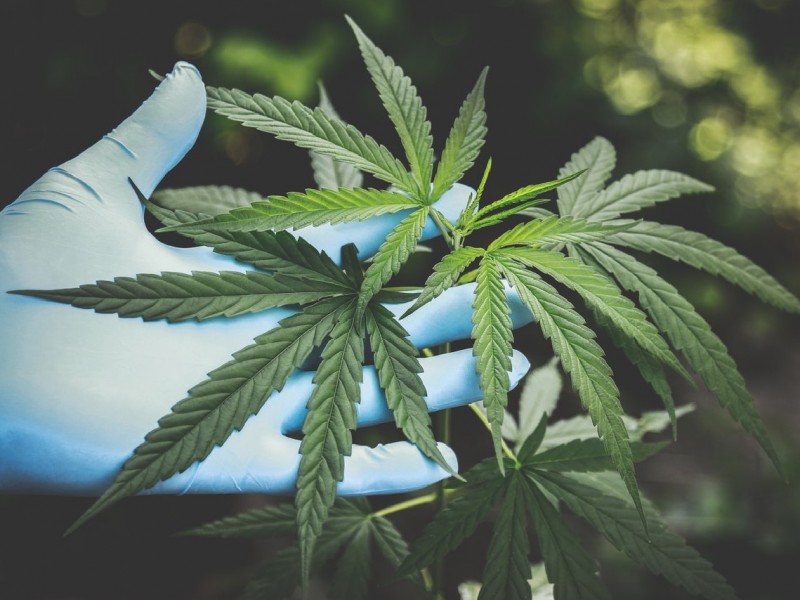
The rise of the marijuana waste management business
The disposal of marijuana waste is becoming a more and more viable business need for legalized marijuana manufacturers.
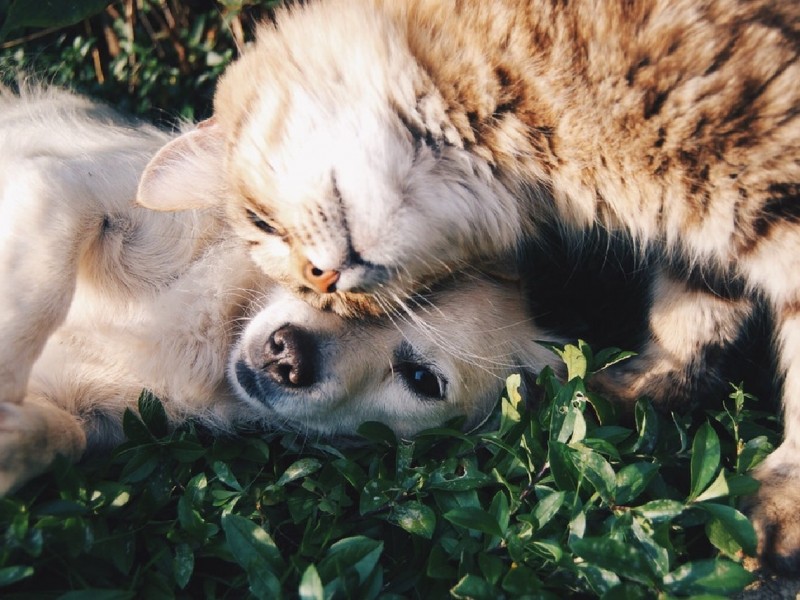
Could insect proteins be the next pet food?
Believe it or not, more and more pet owners are urged by veterinaries to feed their pets a diet rich in insect-based proteins. According to the BVA (British Veterinary Association),certain types of insects may be “even better for pets than the best cut of steak”.